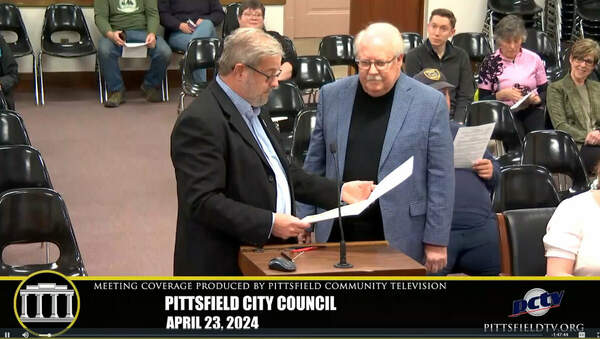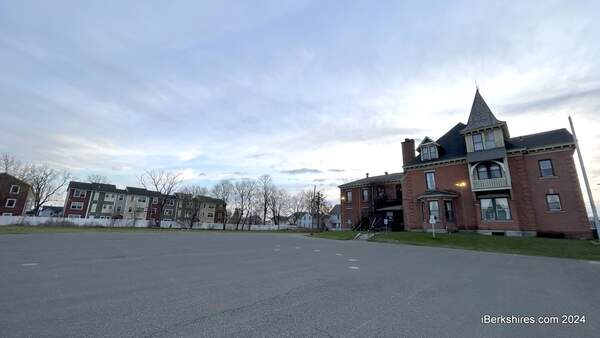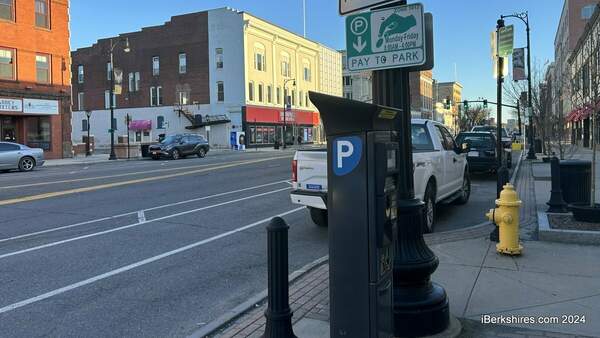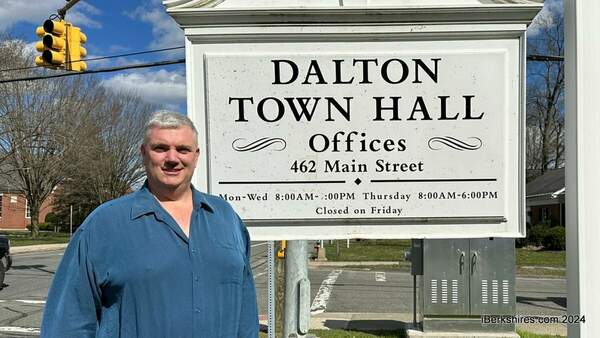Pittsfield City Council Debates Debates
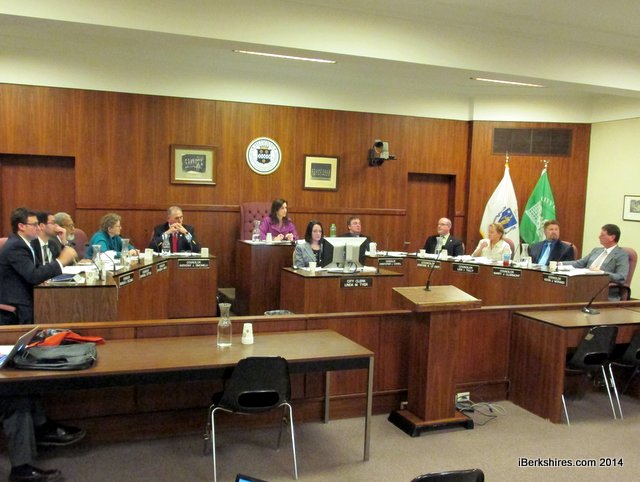 The City Council debated a rule change that would have allowed debate on a issue prior to it being sent to a subcommittee. The City Council debated a rule change that would have allowed debate on a issue prior to it being sent to a subcommittee. |
PITTSFIELD, Mass. — The City Council spent more time Tuesday night debating how they should debate than they did debating about a dozen other issues.
After discussing the other agenda items in an hour, the councilors got stuck again on the question of if they should debate before an issue goes to a subcommittee or not.
They determined 6-5 not to change the rule after lengthy debate.
Council rules say motions made to send an item to committee ends debate.
A council subcommittee then takes up the issue and sends it back to the council with a recommendation and the council then takes up the discussion.
However, two weeks ago Council President Melissa Mazzeo proposed altering that rule to allow the committee to discuss the items the night they are presented before going to the subcommittee. That discussion, also lasting about an hour, ended with Councilor At-Large Barry Clairmont using a rare charter objection to delay a vote.
"This has really become quite a conversation and I never thought it was going to be," Mazzeo said on Tuesday when the council reopened the discussion. "It's gone in a totally different direction and I'm not really sure why."
Mazzeo says the rules were changed in the 1970s to cut off debate. But that leaves councilors without the chances to weigh in, helping to direct the subcommittee, and leaves the public uninformed on the details. The change would reverse 1970s amendment and align it with parliamentary law.
Her petition was rejected Tuesday night by a 6-5 vote so the council still won't debate after the motions are made.
The particular fear was that items would no longer be sent to subcommittee. Ward 5 Councilor Jonathan Lothrop said that while Mazzeo's intention wasn't to do that, he sees it as an unintended consequence. If the motion to send to committee is rejected, it will stay on the council level and be decided.
"I do think this was a well-intended move by Councilor Mazzeo but I believe it should be left the way it is," Lothrop said. "Intent or not, it does allow for things to be passed at the date of introduction without public input."
He called it an "additional safeguard" to prevent things from passing without being fully discussed and researched.
"This rule change allows the administration to set the tone on an issue," said Clairmont, adding that it adds to staff time because department heads now need to explain the petitions at three meetings.
But Ward 1 Councilor Lisa Tully said it would allow for council to help direct the subcommittee to questions that need answering and for department heads to know what to expect at that level. Councilor at Large Kathleen Amuso said she has already had times when she wanted to talk about an issue but it was shut down.
"We should be able to speak on any idea on the agenda and say what you want to say," Amuso said.
For most of the items, debate isn't needed, said Ward 2 Councilor Kevin Morandi, but at times it is needed.
"I don't think there is anything wrong with having a healthy discussion and asking questions, that's why we are all here," he said. "Nobody should be shut off from having a discussion."
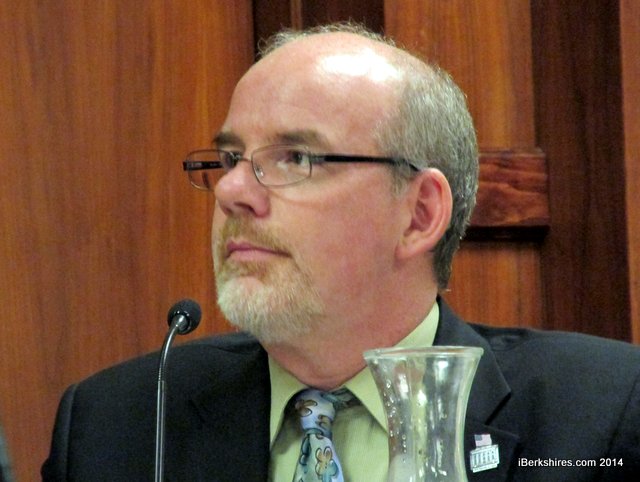 Ward 5 Councilor Jonathan Lothrop said the move could result in items being decided the same night they're introduced. Ward 5 Councilor Jonathan Lothrop said the move could result in items being decided the same night they're introduced. |
Ward 7 Councilor Anthony Simonelli said he has been cut off from debates too early and the rule change would have allowed for more discussion. But, on the other hand, there is ample opportunity for discussion, he said, ultimately, voting against the rule change.
Ward 6 Councilor John Krol said the process shouldn't be changed but instead the issue can be solved with councilors giving each other the opportunity to speak before making the motion.
But the rule was changed 40 years ago to keep meetings from dragging late in the night.
"It is a process that has been fine tuned and I think we do have respect for each other to make sure we each have an opportunity," he said.
Mazzeo countered concerns that the change would allow for votes on a single night, saying the change is only for motions to subcommittee.
"This is going off to committee. It has to go to committee," she said, adding that "we're losing an opportunity" to further flesh out an issue.
Amuso, Mazzeo, Vice President Christopher Connell, Tully and Morandi voted in favor, which wasn't enough to move the change forward.
Tags: debate, rules,

